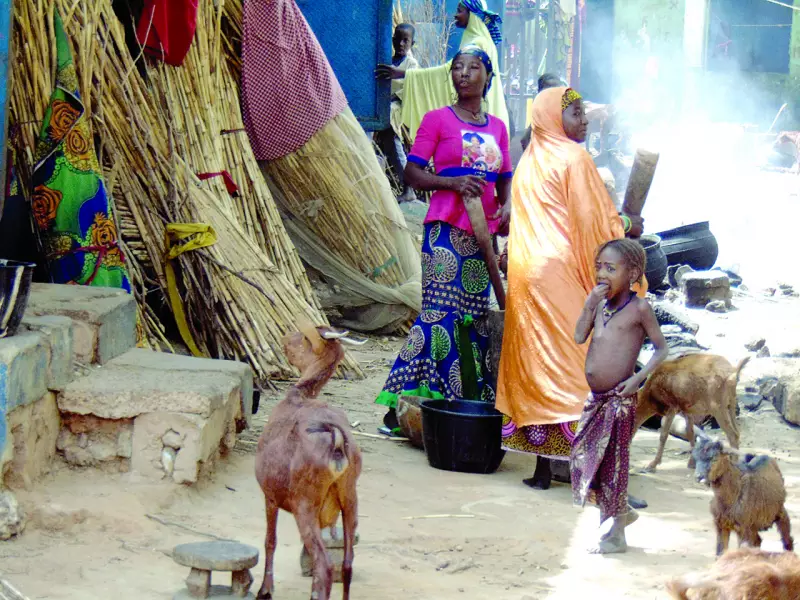
In a groundbreaking development for democratic participation, Niger State is set to make history with its upcoming local government elections by ensuring that traditionally marginalized communities will have their voices heard at the ballot box.
The Niger State Independent Electoral Commission (NSIEC) has announced comprehensive measures to include Internally Displaced Persons (IDPs) and remote riverine settlements in the electoral process. This initiative represents a significant step toward inclusive governance in the region.
Ensuring No Community is Left Behind
According to NSIEC Chairman Prof. Mohammed Bello, the commission has implemented special arrangements to guarantee that vulnerable populations can exercise their fundamental voting rights. "We have made adequate provisions for IDPs and riverine communities to participate in the local government elections," Professor Bello confirmed during a recent stakeholders' meeting in Minna.
The electoral body has established dedicated voting centers in IDP camps and deployed specialized logistics to reach isolated riverine areas. This strategic approach addresses longstanding challenges that have previously excluded these communities from the democratic process.
Comprehensive Security and Logistics Plan
Security remains a top priority for the successful conduct of the elections. Professor Bello revealed that the commission is working closely with security agencies to develop a robust security framework that will protect voters, electoral officials, and materials across all 274 wards.
The comprehensive security arrangement covers all 25 local government areas, with particular attention to ensuring safe access to polling units in challenging terrains and vulnerable settlements.
Stakeholder Collaboration for Credible Elections
The NSIEC has engaged extensively with various stakeholders, including political parties, civil society organizations, and security agencies. These collaborative efforts aim to build consensus and ensure the elections meet international standards for credibility and transparency.
Political parties have demonstrated strong commitment to the process, with 12 out of 18 registered parties actively participating in nomination exercises and other preparatory activities.
A Model for Inclusive Democracy
This innovative approach to electoral inclusion sets a new standard for democratic practice in Nigeria. By specifically addressing the voting rights of displaced persons and geographically isolated communities, Niger State is pioneering a model that other states may emulate.
The successful implementation of these measures could transform how vulnerable populations participate in governance across Nigeria, potentially influencing electoral reforms at both state and national levels.





